Israel Defense Forces (IDF) is striking back after Hamas launched a surprise attack early Saturday morning. The attack, which involved over 5,000 rockets and Hamas operatives firing on Israeli citizens, has killed over 200 people and injured.at least 1,500.
Now, Israel appears poised to go on the offensive after having been taken unawares by the terrorist group.
Israel’s military forces have opened up fighting in nearly two dozen locations along the Gaza border after Hamas terrorists launched thousands of rockets into Israel Saturday morning.
"There is no community in Southern Israel where we do not have forces in all the towns," Israel Defense Forces (IDF) spokesperson Daniel Hagari said in a statement Saturday evening. "There are communities that have been rid of terrorists, but we want to finish additional scans of the area before declaring so."
Iranian-backed Hamas terrorists invaded areas of southern Israel as rocket barrages launched from the Gaza Strip struck the area Saturday, killing at least 200 Israelis and wounding at least 985 others, according to The Associated Press.
A senior Hamas military commander, Mohammad Deif, announced the start of the operation, calling on Palestinians everywhere to attack the Israelis, saying in a broadcast on Hamas media that the group launched thousands of rockets and calling the attack "the day of the greatest battle to end the last occupation on earth."
The IDF stated that its Iron Dome missile defense system blocked many of the rockets launched by Hamas and about 198 Palestinians have been killed in the counterattack.
The United States and many other nations condemned Hamas’ attack. Republican politicians, along with many others, have questioned whether the $6 billion given to Iran by the Biden administration helped to fuel the attack given that Tehran is one of Hamas’ strongest backers. Others, like former Vice President Mike Pence, criticized former President Donald Trump and other Republicans for their non-interventionist stances on foreign policy.
Israel now faces a myriad of challenges. Its government must confront and neutralize the immediate threat posed by Hamas. But it also must address the systemic breakdown that allowed it to be taken by surprise in the first place.
Moreover, it is worth noting that any Israeli response will be aggressively scrutinized by the international community, especially among those who typically side with the Palestinians. There is a delicate balance between acting in self-defense and maintaining moral and legal authority. This could be a critical juncture when it comes to geopolitical matters in the Middle East.
Of course, much of the attention will be focused on Iran as well. As one of Israel’s primary enemies, there is much speculation as to its involvement in this attack. Indeed, shortly after news reports about the assault emerged, Iran praised Hamas’ offensive.
....[N]ow there is a reaction registered from Iran, according to the Times of Israel and AP reports, as a senior adviser to Iran’s supreme leader Ayatollah Ali Khamenei praised the terror attack as "a proud operation":
“We support the proud operation of Al-Aqsa Flood,” Yahya Rahim Safavi says at a meeting held in support of Palestinian children in Tehran, quoted by ISNA news agency.
“We support this operation, and we are sure that the resistance front also supports this issue,” says Safavi, who is a senior general in the Islamic Revolutionary Guard Corps.
Safavi expressed backing for the Palestinian terrorists “until the liberation of Palestine and Jerusalem.”
This conflict could easily become more protracted as Hamas regroups after Israel’s retaliatory strike. If the organization is being supplied and financed by Iran, then it seems likely that it will have the resources necessary to carry on a long-term war with Israel.
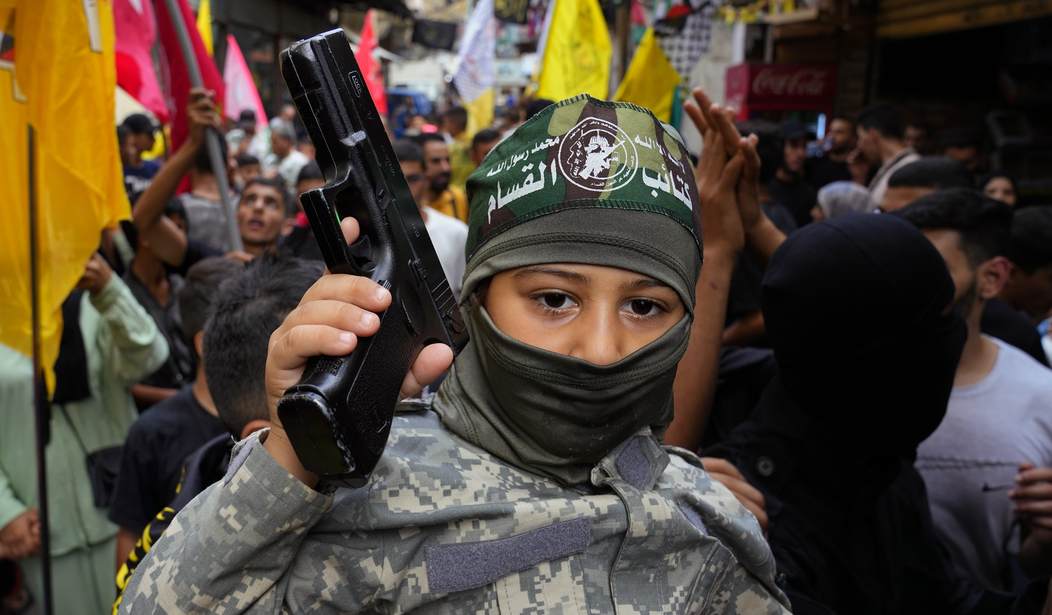



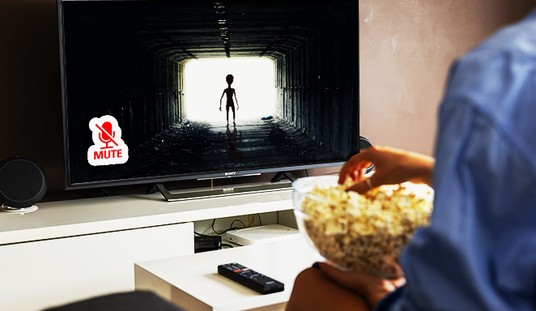



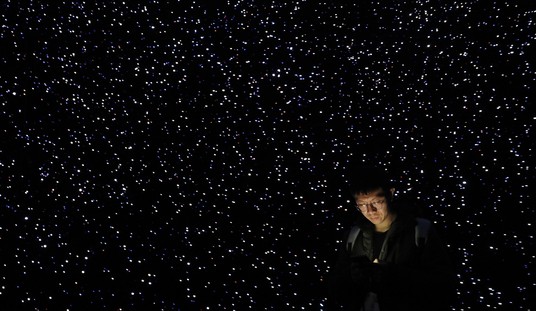
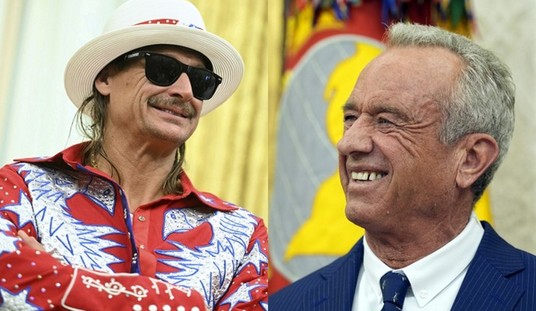


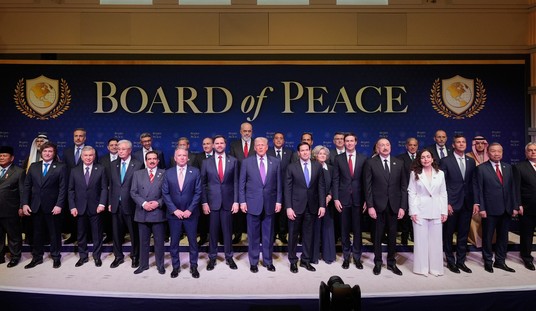

Join the conversation as a VIP Member